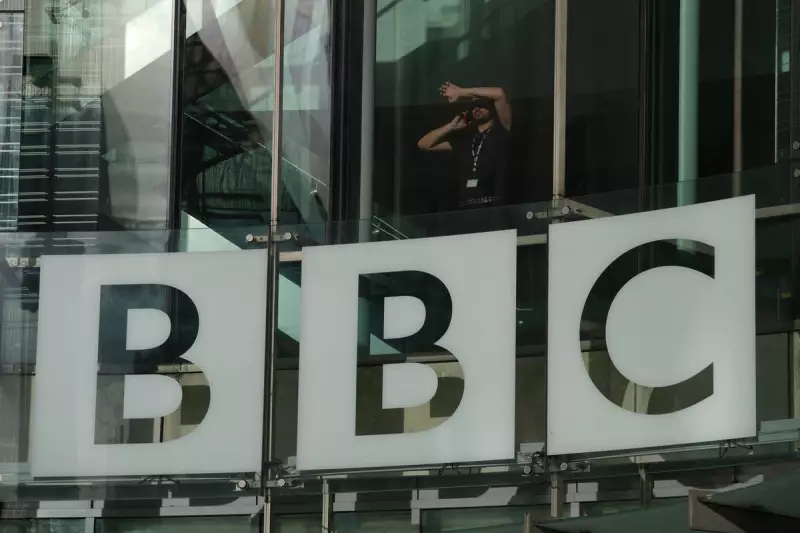
The BBC is facing a severe financial and operational crisis, having lost a staggering £1.1 billion in potential income from TV licence fee evasion and non-payment in the 2024/25 period. This alarming figure was revealed in a new report from the influential Public Accounts Committee (PAC), which warns that the corporation's founding mission to serve all audiences is under significant threat.
Financial Strain and Strategic Failings
The report, published on Friday 21 November 2025, paints a picture of an organisation under immense strain. The £1.1 billion shortfall is attributed to households either cancelling their licences or actively evading the fee. The PAC described this situation as unfair to the vast majority of households who do pay and criticised the BBC for not doing enough to enforce collection.
Compounding the financial woes, the report highlighted that the BBC has missed key opportunities to save money and improve customer engagement by failing to digitise the licence fee system. The committee has now recommended the broadcaster urgently modernise its approach, moving away from traditional household visits towards a system better suited to online viewing.
Audience Relevance and the Digital Dilemma
At the heart of the PAC's concerns is the BBC's struggle to remain relevant. The report states that the corporation's mission to serve all audiences is at risk, with intense competition from other media providers fragmenting its viewership. A particularly stark statistic reveals that only 51% of younger people feel the BBC reflects them, and their overall use of BBC services is significantly lower than that of other age groups.
While the BBC's 'digital first' strategy is a necessary response, the PAC warns it carries a dual risk. On one hand, the broadcaster must innovate on platforms like TikTok to attract younger demographics. On the other, this shift could leave behind older or less digitally-connected audiences, potentially excluding them from core BBC services.
Regional Dilution and Commercial Opacity
The report also identified serious issues with the BBC's regional and local services. PAC members expressed concern that decisions labelled as 'local', such as moving operations to major hubs like Manchester or Birmingham, risk overlooking the identity and needs of smaller communities.
Reforms to regional news hubs and the local democracy reporting service have unintentionally diluted the BBC’s connection with the communities it aims to serve, undermining trust and relevance. Furthermore, the committee found the BBC lacking in transparency regarding its commercial investments and returns, recommending it begin providing annual reports on these activities.
Adding to the long-term financial concerns, the BBC is reportedly behind target in developing new intellectual property (IP), such as the globally successful children's series Bluey. This failure, the report notes, will limit sustainable long-term revenue streams crucial for its future.
The publication of this damning report follows a tumultuous period for the broadcaster, marked by a number of scandals that culminated in the resignation of its director-general, Sir Tim Davie. PAC chair, Conservative MP Sir Geoffrey Clifton-Brown, summarised the situation, stating, "The BBC is an organisation under severe pressure." The broadcaster now faces the monumental task of modernising its funding model while simultaneously proving its value to a divided and increasingly sceptical nation.





